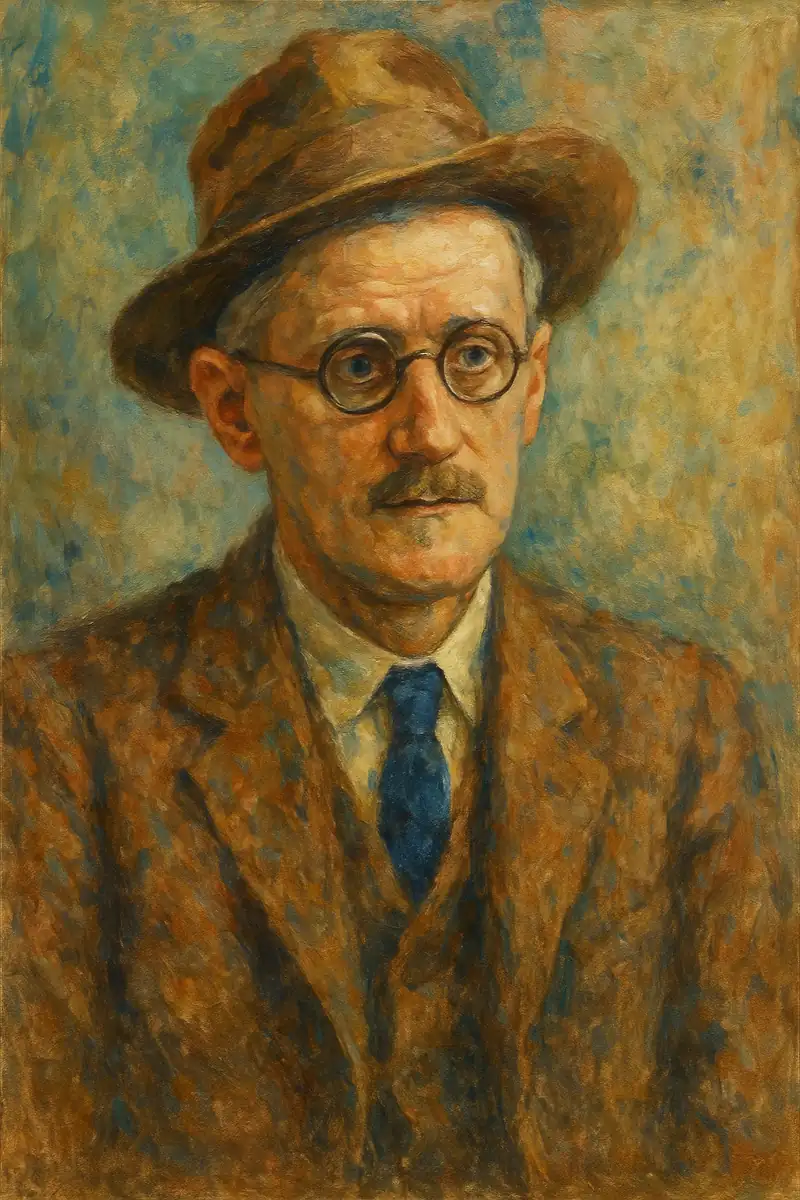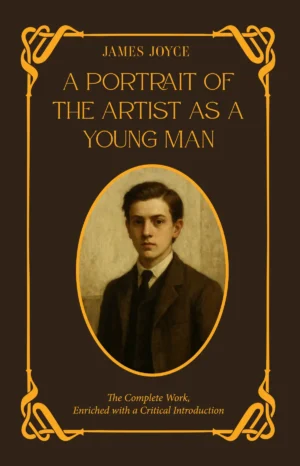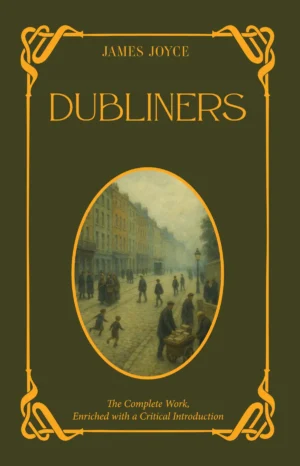
James Joyce
James Joyce (1882–1941) was an Irish novelist, short story writer, and poet who transformed modern literature through his bold experiments with language and form. Born in Dublin, he grew up in a politically charged, Catholic society that deeply influenced his themes of identity, exile, and rebellion. His early collection Dubliners depicted ordinary Irish lives with subtle symbolism, while A Portrait of the Artist as a Young Man charted the intellectual and spiritual awakening of a young writer, blending realism with innovative narrative techniques.
Joyce’s masterpiece, Ulysses (1922), is considered one of the greatest modernist novels, capturing a single day in Dublin through stream of consciousness and richly layered allusions. His final work, Finnegans Wake, pushed the boundaries of language and meaning even further, becoming a complex, dreamlike experiment in literature. Joyce’s works challenged traditional storytelling and reshaped the possibilities of the novel, securing his place as one of the most important literary figures of the 20th century.
Books by James Joyce
-
Sale!

A Portrait of the Artist as a Young Man
₹85.00 – ₹284.00Price range: ₹85.00 through ₹284.00 Select options This product has multiple variants. The options may be chosen on the product page -
Sale!

Dubliners
₹47.00 – ₹265.00Price range: ₹47.00 through ₹265.00 Select options This product has multiple variants. The options may be chosen on the product page

